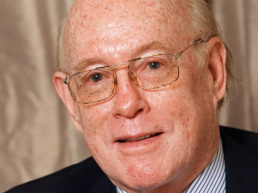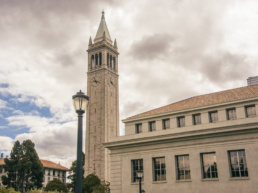Our guest this week is Miguel Miranda, president of the Instituto Português do Mar e da Atmosfera (IPMA) and scientist who dedicated his life to the study of topics such as geomagnetism, marine geophysics, and natural risks, in particular the study of tsunamis, in a conversation about the implications of climate change and how time is scarce to take action.
If a few decades ago it was still discussed whether it was a matter of fact, now the question is another: what to do to prevent the planet from becoming uninhabitable. Miguel Miranda sees this recognition by political agents and society about the existence of the problem as something positive, which allows us to move towards solving the problem.
“After all, we have passed that moment when climate change was a matter of division between people, governments, parties, and scientists. Nowadays there is the reasonably established idea that the phenomenon is here and is here to stay, has expanded significantly since the 70s and we have to live with it.” – Miguel Miranda.
However, this does not make the issue much less complex. The scientist says that at this point, what is on the table is a bad solution (compliance with the Paris Agreement) or a horrible solution (not even that happens). The discussion that exists today is more about ‘what to do?’. And the urgency, he stresses, is very great.
“Those who, like me, believe that we run the risk of being in the tipping points, points of no return, realize that we can not risk practically anything. Those who believe that it is possible to have mitigated increases, that from an economic point of view humanity gains from this, can believe in other strategies. I would say that as time goes by, these strategies are increasingly impossible, and probably the insistence on them will lead to more radical measures.” Miguel Miranda.
The pandemic is a good example to realize that there is no time to lose, he says.
“If anyone has doubts about this matter, I advise you to imagine, to observe, what is happening with the pandemic. When there is the idea that there are containment measures that can be postponed, the cost of them is typically radical control measures that, yes, have dramatic economic impacts.” – Miguel Miranda.
You can listen to this edition of the Atlantic Talks where you usually listen to your podcasts or follow one of the links down below.
Related Posts
25 de March, 2025
Note of Condolence – Charles Buchanan (1934-2025)
24 de March, 2025
Applications Open: FLAD/Saab Visiting Professor at UMass Lowell 2026
Portuguese professors can apply to…
17 de March, 2025
FCT and FLAD sign new protocols with the University of California
The objective is to promote academic…


